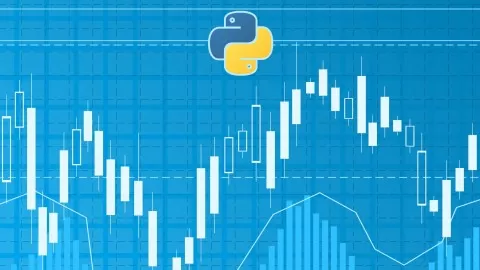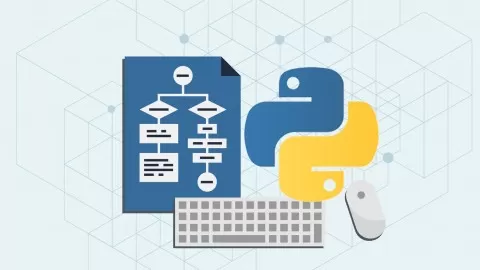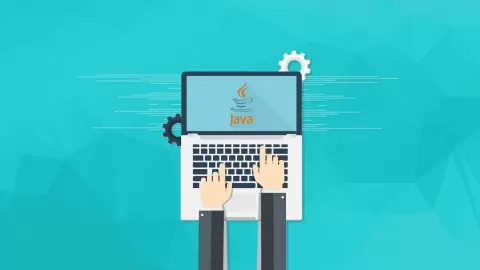This course is about the fundamental basics of financial engineering. First of all you will learn about stocks, bonds and other derivatives. The main reason of this course is to get a better understanding of mathematical models concerning the finance in the main.
First of all we have to consider bonds and bond pricing. Markowitz-model is the second step. Then Capital Asset Pricing Model (CAPM). One of the most elegant scientific discoveries in the 20th century is the Black-Scholes model and how to eliminate risk with hedging.
IMPORTANT: only take this course, if you are interested in statistics and mathematics !!!
Section 1 – Introduction
•installing Python
•why to use Python programming language
•the problem with financial models and historical data
Section 2 – Stock Market Basics
•present value and future value of money
•stocks and shares
•commodities and the FOREX
•what are short and long positions?
Section 3 – Bond Theory and Implementation
•what are bonds
•yields and yield to maturity
•Macaulay duration
•bond pricing theory and implementation
Section 4 – Modern Portfolio Theory (Markowitz Model)
•what is diverzification in finance?
•mean and variance
•efficient frontier and the Sharpe ratio
•capital allocation line (CAL)
Section 5 – Capital Asset Pricing Model (CAPM)
•systematic and unsystematic risks
•beta and alpha parameters
•linear regression and market risk
•why market risk is the only relevant risk?
Section 6 – Derivatives Basics
•derivatives basics
•options (put and call options)
•forward and future contracts
•credit default swaps (CDS)
•interest rate swaps
Section 7 – Random Behavior in Finance
•random behavior
•Wiener processes
•stochastic calculus and Ito’s lemma
•brownian motion theory and implementation
Section 8 – Black-Scholes Model
•Black-Scholes model theory and implementation
•Monte-Carlo simulations for option pricing
•the greeks
Section 9 – Value-at-Risk (VaR)
•what is value at risk (VaR)
•Monte-Carlo simulation to calculate risks
Section 10 – Collateralized Debt Obligation (CDO)
•what are CDOs?
•the financial crisis in 2008
Section 11 – Interest Rate Models
•mean reverting stochastic processes
•the Ornstein-Uhlenbeck process
•the Vasicek model
•using Monte-Carlo simulation to price bonds
Section 12 – Value Investing
•long term investing
•efficient market hypothesis
APPENDIX – PYTHON CRASH COURSE
•basics – variables, strings, loops and logical operators
•functions
•data structures in Python (lists, arrays, tuples and dictionaries)
•object oriented programming (OOP)
•NumPy
Thanks for joining my course, let’s get started!
Learn to use Python, Pandas, Matplotlib, and the QuantConnect Lean Engine to perform financial analysis and trading
4.6
★★★★★ 4.6/5
9,536 students












